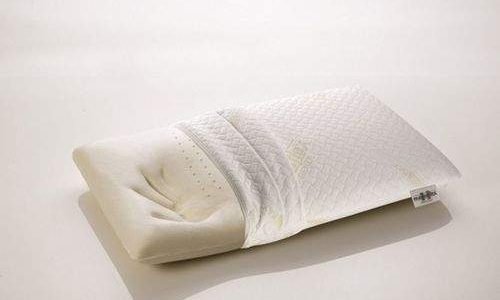Mental health is something a lot of people stay ignorant about. Keeping a tab on your mental health is equally important as upholding your physical health. That’s because a healthy body needs a healthy mind to function, isn’t it? No matter how healthy you are, you won’t perform well as long as you are not in the right mental frame. Fact check: Do you know one of the major reasons for your deteriorating mental health can be lack of sleep. Subsiding any further ado, let’s go into detail about this fact.
Evaluating the relation that predominates among sleep and mental health
Sleep and mental health are positively associated with each other. When we sleep, our brain is less active, and it’s the only time of the day when the brain takes rest except when you are dreaming. We all have witnessed a moment when we wake up from an amazing nap without any dreams. Not sleeping enough can take a toll on your mental health because it can lead to poor concentration, poor memory, and less attention span, leading to mental disorders if this situation is not taken care of. So, next time when you wish to sleep late then think twice because it may lead to severe health disorders like sleep deprivation, anxiety & many more. Let’s have a peek at these now.
Apparent outcomes of sleep deprivation on mental health
- Stress- Not sleeping enough can turn into stress, physical stress as well as emotional stress. It has been seen that people who suffer through sleep deprivation show signs of irritability, getting angry over petty issues and increased daytime sleepiness are more likely to experience stress. These outbreaks in daily life can become a source of worry and stress. In fact not being able to doze at night can account for stress.
- Depression– Research studies show that people who have insomnia are more likely to get depressed. Not being able to sleep is actually a thing to be concerned about. This suggests that sleeping adequately will lessen the chances of going through depression. Having depression is a difficult situation, so it’s better to have sufficient sleep to prevent it.
- Anxiety – People who have anxiety are more likely to experience sleep disturbances and nightmares. This works the other way; also, lack of sleep can become a potential cause for anxiety disorders. These are most common in adolescents. So the next time you get anxiety pangs without any reason, then maybe it’s time to have a look at your sleep cycle.
- Bipolar Disorder – This disorder is characterized by manic episodes or hyperactivity after some periods or depressed mood. Sleep-wake cycles or nightmares contribute to the possibility of Bipolar disorder. Research studies show that changes in sleep cycles can increase the chances of manic episodes by 25%.
- ADHD- Attention deficit hyperactivity disorder (ADHD) accounts for lowered attention spans and difficulty performing daily routine activities. This is most commonly found in children. People who have ADHD experience sleep disturbances and other problems like daytime sleepiness, breathlessness during sleep, waking up in the middle of the night.
So, If you are suffering from any mental illnesses, don’t shy away from asking for a help because the more you delay it or bottle up your emotions, the more it will be worsen. It’s important to comprehend the relation between mental health and sleep. If you are trying to sleep but cannot, then maybe it’s time to change your mattress and go for a new comfortable one. To make sure that you stay healthy mentally and physically, you mustn’t sacrifice your sleep. Choose the best mattress for better sleep, Sleep well, Stay healthy.




 Luxury mattress
Luxury mattress Luxury pillows
Luxury pillows